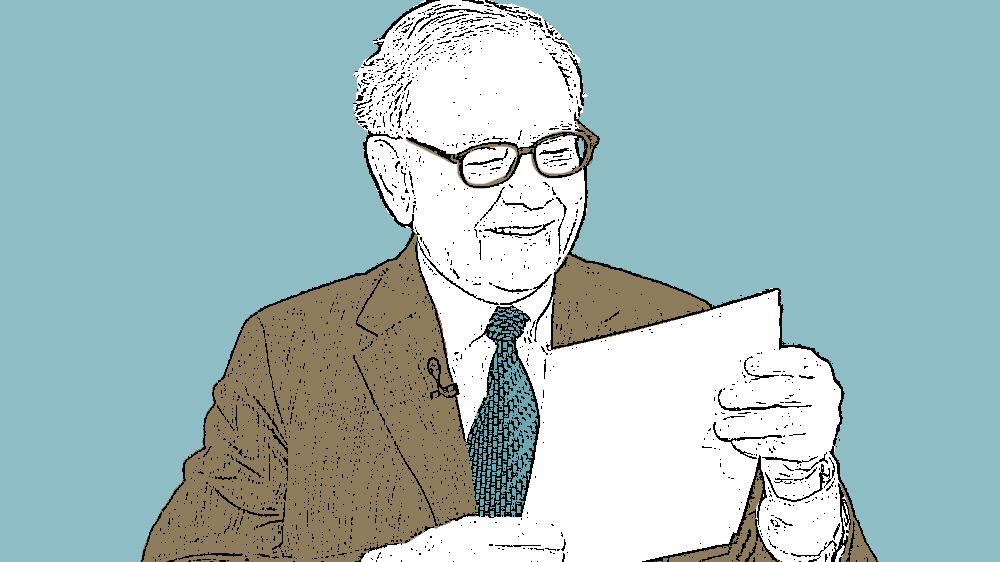
Nothing about the news cycle these days is remotely “normal,” which is understandable considering events in Europe.
So you probably missed the most recent letter to investors from Warren Buffett. Usually, his annual missive to shareholders in his holding company, Berkshire Hathaway, is front page news for a few days each year.
It is a great, short read every time, a combination of his brand of folksy investing wisdom and, often, hard-nosed talk about what makes Berkshire tick.
This year, I was particularly struck by Buffett’s recounting of his experiences teaching, leading with a story about his longtime business partner Charlie Munger.
“Teaching, like writing, has helped me develop and clarify my own thoughts,” Buffett writes.
“Charlie calls this phenomenon the orangutan effect: If you sit down with an orangutan and carefully explain to it one of your cherished ideas, you may leave behind a puzzled primate, but will yourself exit thinking more clearly.”
I have found this to be remarkably true over the years. Neither I nor my business partner, Scott Puritz, came to investment management the traditional route. I made my way as a venture capitalist and Scott spent his formative years building telecom businesses abroad.
Those experiences provided both of us with a singular challenge: Having made some money at business, how would we manage it prudently and for the long term?
I have had the great fortune of learning from some of the investment industry’s most storied teachers, including Burt Malkiel, the Princeton professor who wrote the investment classic A Random Walk Down Wall Street.
Malkiel has long been a member of my firm’s Investment Committee, along with Charley Ellis, former chairman of the Yale University endowment and Jay Vivian, who ran the $100 billion-plus IBM Retirement Funds.
We recently welcomed to the committee Kristi Craig, previously at the Georgetown University endowment, and who now leads the National Geographic Society’s $1.4 billion endowment.
Reading their collective works and having access to their insights has profoundly changed my own way of thinking about investing. But it wasn’t until I had to teach investing that I really came to own my “investment philosophy,” so to speak.
I have done that over the years through my column at MarketWatch and on our own website, writing quarterly letters to our investors along with Drew Pratt, CFA, our vice president of investment advice.
I’ve also done some direct teaching along the way, principally public speaking and through online webinars on investment fundamentals, available to clients and non-clients alike.
And Buffett is right: You really don’t own your knowledge until you have to teach it.
Choosing your path
In the letter, Buffett goes on to describe what it was like for him to work with college students. He counseled them, he says, to find a career path they truly enjoy, then let things take their own course.
“Economic realities, I acknowledge, may interfere with that kind of search,” Buffett writes. “Even so, I urge the students never to give up the quest, for when they find that sort of job, they will no longer be ‘working.’”
It’s amazing to me how true this remains, even as my firm grows and blossoms into a major enterprise, now managing more than $1 billion assets for hundreds of clients. Nothing about my day-to-day job — talking to clients, conferring with our investment committee, managing a growing and fantastic staff — ever feels like “work.”
We talk about being a mission-driven firm. Fundamentally, that mission is teaching and financial investment education, a goal that fulfills me daily by providing opportunities to learn and grow along with our clients. I wouldn’t have missed this path for the world.





